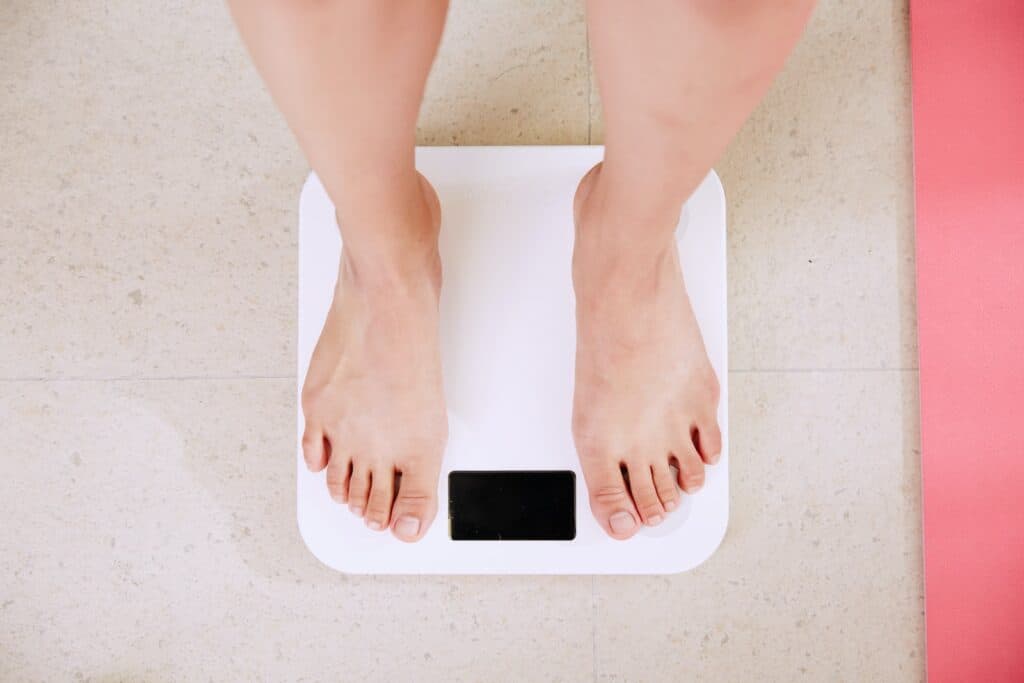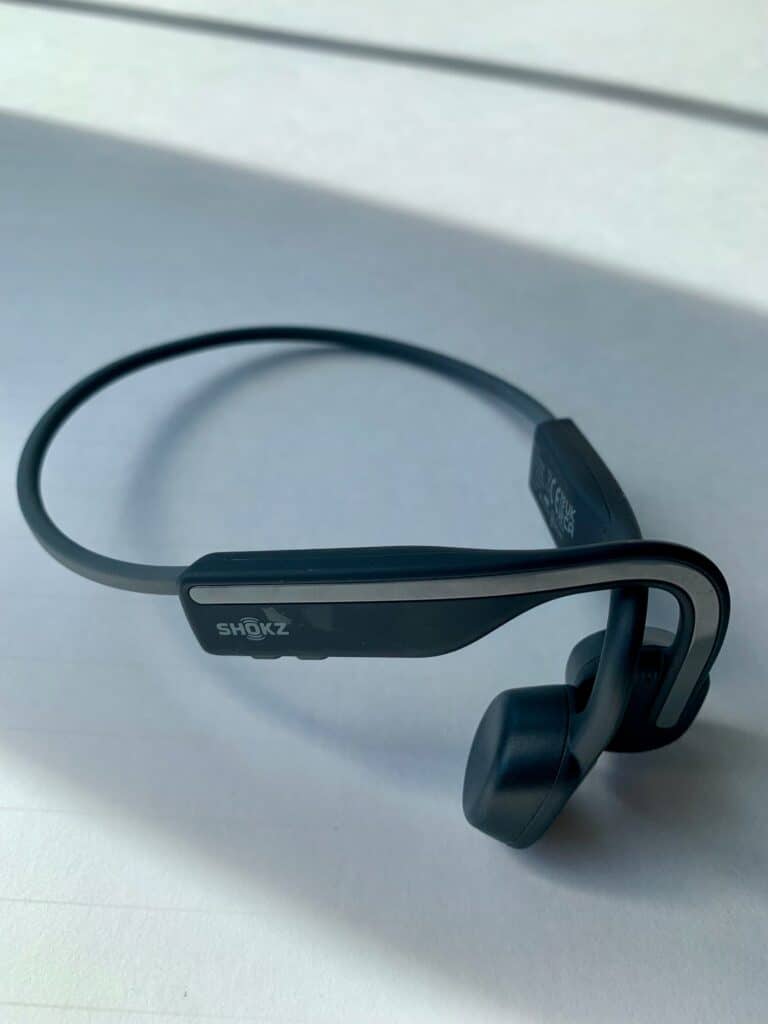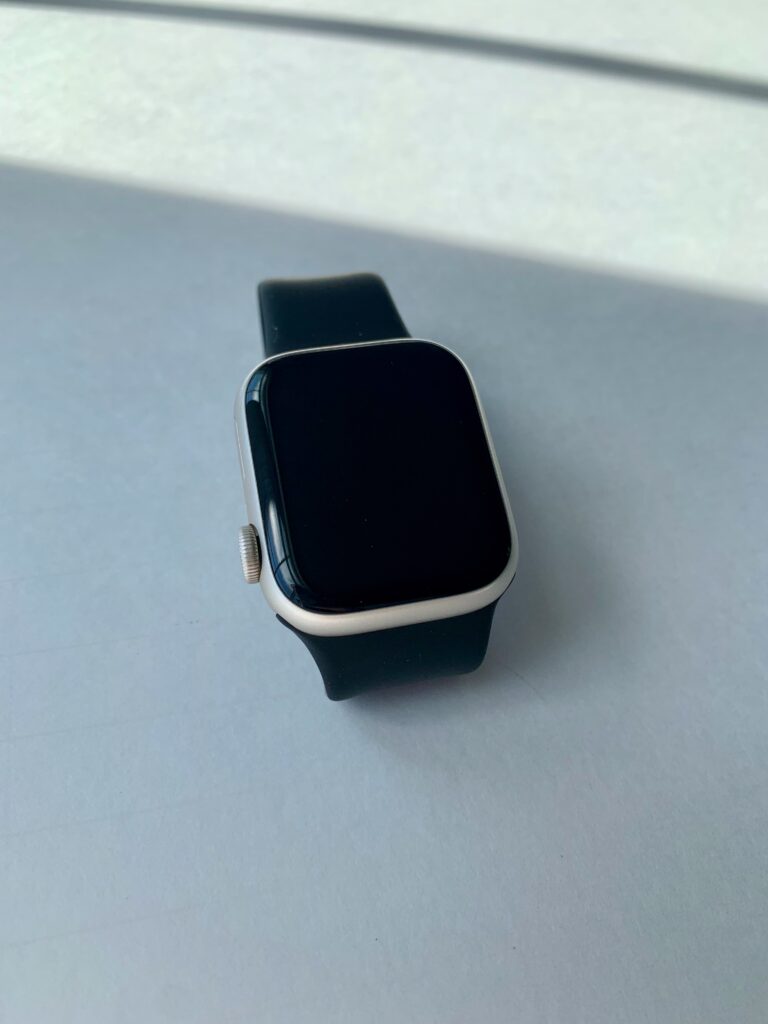This post may contain affiliate links. If you click one and make a purchase, I earn a small commission at no extra cost to you. It helps support the site so I can continue to offer great content to you!

This is a question I asked myself many years ago. I used to be a runner. Maybe it’s more accurate to say that I used to run a few times per week for exercise. I liked it. I never loved it. But it was a great way to get results fast. Until I started to have knee pain. I needed to make a change. However, I wondered… Is running better than walking?
Benefits of walking vs running?
For the most part, you might be surprised to hear that the health benefits of running and walking are about the same.
1. Improved cardiovascular health
Cardiovascular health is the health of your heart and blood vessels. Heart disease is the leading cause of death in the United States.
Not only can a healthy heart extend your life, but it can also reduce your blood pressure, reduce your LDL (bad) cholesterol, increase your HDL (good) cholesterol, and increase insulin sensitivity, therefore, lowering your chances of developing Diabetes type 2.
2. Improved mental health
Both activities, if practiced outside, have a positive impact on your mental health. It’s been demonstrated that spending as little as 30 minutes per day outdoors can drastically improve your mood and lower stress level and depression.
Furthermore, spending time outside can help you sleep better and reach an appropriate level of vitamin D. Did you know about 35% of adults in the United States have a Vitamin D deficiency?
Vitamin D is crucial for your body to use calcium and phosphorus to build your bones and support healthy tissues.
3. Lose or maintain weight
Once again, both running and walking can help you lose or maintain a healthy weight. However, it is important to note that running will yield faster results in this department.
Running is known to burn about twice as many calories in the same amount of time.

How to choose between running and walking?
The decision of walking vs running comes down to a few things.
- Walking is more accessible. If you are prone to joint pain, walking may be a better option.
- Walking is behind significantly fewer injuries. 20%-70% of runners will get an injury as opposed to only 1%-5% of walkers.
- Running will provide fast results for weight loss. If you are short on time, you will see results faster with running.
- Running is more likely to allow you to reach a rigorous activity level.
- Which do you enjoy most? This should ultimately be the key driver. The question should not be, is running better than walking but rather, which one do I love and will want to repeat often?
Pro tip: You can increase the intensity of a walk by wearing a weighted vest or planning a path with multiple hills.
How often should you exercise?
Experts recommend that you do 150 minutes of moderate exercise or 75 minutes of vigorous exercise every week. This amount of physical activity will allow you to reap the benefits mentioned earlier. Ultimately, 1 minute of vigorous exercise is the equivalent of 2 minutes of moderate one.
What is vigorous exercise???
To find your target range for vigorous exercise, you will have to do a little bit of math.
You will need a watch or another tool that can measure your heart rate or calculate it the old way using your fingers on a pulse point.

Moderate heart rate range
220 minus (your age)
Multiplied by 64% = Bottom range
or
Multiplied by 76% = Top range
Example: If you are 35 years old. Your target for moderate exercise is between 118 bpm and 140 bpm.
Vigorous heart rate range
220 minus (your age)
Multiplied by 77% = Bottom range
or
Multiplied by 93% = Top range
Example: If you are 35 years old. Your target for vigorous exercise is between 142 bpm and 172 bpm.
Once you have these two numbers, you have your target bpm if you want to exercise at a moderate or vigorous rate. If you have a smartwatch, Fitbit, or another type of exercise watch, you’ll be able to assess where you stand in the range during each type of workout you do.
This is helpful information, but I would not get too obsessed with that number. Move your body and have fun with it.
How to get started with a walking (or running) schedule
- Start with small goals. This is REALLY important. In the beginning, you are excited and full of motivation. But developing a new habit and implementing it in your day-to-day is hard. I recommend a few days per week for 20 to 30 minutes each time to start with.
- Decide when you will go on your walks (runs). Put that into your calendar at the beginning of the week and makes this a non-negotiate appointment with yourself, for yourself.
- Get comfortable and adequate shoes and other clothing items as necessary. For example, if you plan to walk outdoors during the winter, get a good hat and gloves. If you aren’t comfortable, you are likely not going to stick with your new practice.
Pro tip: Use time-blocking to find time for everything that you want or need to do. This phenomenal time-management method is used by tons of extremely successful people.
Additional tips to make your new habit stick
- Find a friend to exercise with
- Download audiobooks or podcasts to listen to while you walk or run (just be sure you can hear cars and other people around you). These Bluetooth headphones are great for walking if you are in the market for new ones.
- Plan a reward for yourself after specific milestones such as 12 completed walks during one month



Pro tip: Check out this article for other ideas to improve your discipline and get outstanding results.
In conclusion
The answer to the question “is running better than walking” is, it depends on your goals. If you are looking for quick weight loss as your primary driver, running will get you faster results. However, if you are looking at overall health improvements, the choice is yours. Ultimately, the best exercise is the one you will do.
Will you start a walking or running regimen?
Thank you for reading.
Cat xx



